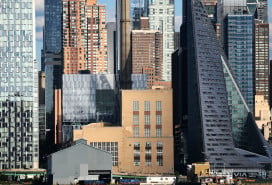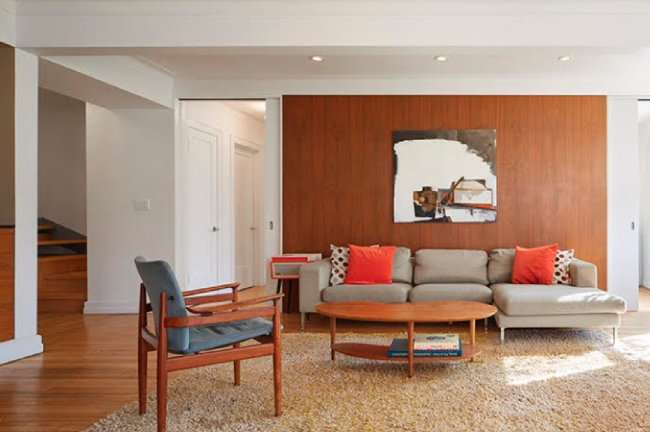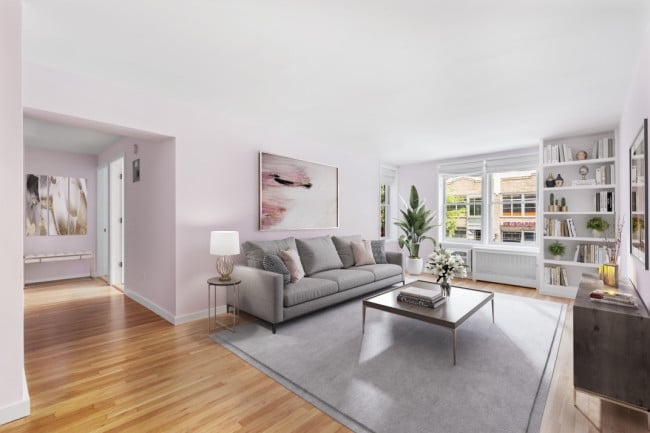I want to convert my multi-family townhouse into a one-family. What do I need to know?
What goes into converting a multi-unit townhouse into a one-family?
The process is actually not terribly complicated, according to our experts.
"It's pretty much straightforward," says Barbara Fox, president of Fox Residential. "It's a matter of removing the interior walls that block off the separate units, and getting the appropriate approvals."
Jonathan Miller, real estate appraiser and author of the Douglas Elliman market reports, says that many buyers of 1-3-unit townhouses in Manhattan aren't necessarily seeking rental income.
"Buyers of these townhouses aren’t economically driven by the rents they can generate," he says. "They are looking for the value as an owner and user."
If you're a townhouse buyer looking to gain some extra square footage, and don't need the income from rental units, you should begin the process of conversion by hiring an architect to draw up plans for turning the property into a single-family.
"Once the owner is satisfied, they'll file the plans with the NYC Department of Buildings, and concurrently file to convert to a single family," says Deanna Kory, a broker with Corcoran. She adds that you should hire an expediter to hasten the process of getting the paperwork approved by the DOB: "Expediters are experts at what is required to process the application for a renovation and change of use."
You may need to apply for a change in the certificate of occupancy depending on the building's age and size, which your architect and expediter will see you through. (Read our guide to certificates of occupancy here.)
Once your renovation plans are approved, you can undertake the process of demolition and rebuilding. You'll likely need to remove kitchens, as New Yorkers are generally permitted only one kitchen per unit, although the city's ABCs of Housing notes that you can keep a secondary, "accessory" kitchen in the basement or cellar.
The conversion can also be an opportunity to create a more open floor plan.
"When you have a multi-family, there are usually walls and hallways separating the units from the stairwell," Fox says. "Most people end up taking out a lot of those separating walls and creating a different scenario for the way the house lays out."
The DOB will inspect the house after the conversion is complete, but the process doesn't end with its approval. You'll need to consult a real estate tax attorney, Kory says, to recalculate your property taxes post-conversion.
The good news is that your taxes could actually go down, according to Brownstoner, as the conversion could bring down the townhouse's resale value. This also means that you should give serious consideration to how long you plan to live in the house before you undertake such a project.
Trouble at home? Get your NYC apartment-dweller questions answered by an expert. Send us your questions [email protected].
For more Ask an Expert questions and answers, click here.
You Might Also Like






























